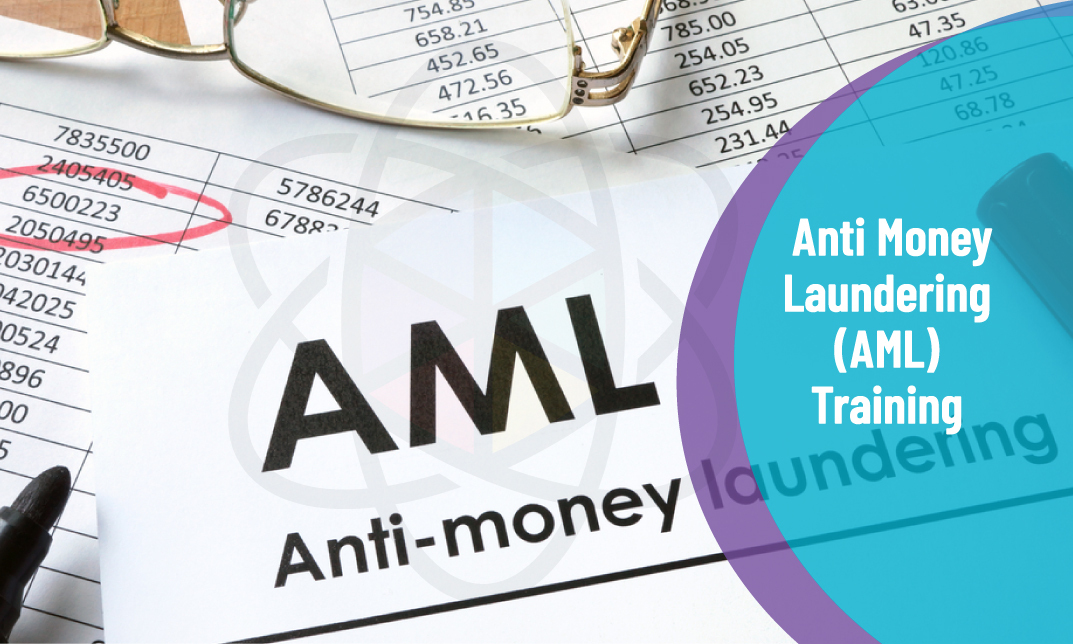Money laundering is an illegal activity that is used to hide the origin and ownership of illegally obtained money. It is a major problem around the world and is a key concern in the financial sector. An anti-money laundering class is an important tool to help financial institutions and their staff stay informed and up-to-date on the latest developments and techniques to combat money laundering.
The course typically covers topics such as the history of money laundering, the legal framework, the types of money laundering, risk management, and reporting obligations. A good course will also provide practical training on how to spot and report suspicious activities.

Image Source Google
Who Should Take an Anti-Money Laundering Course?
Any financial institution or professional working in the financial sector should consider taking an anti-money laundering course.
This includes banks, credit unions, stock brokers, insurance companies, and other financial service providers.
The course is also beneficial to those who work in law enforcement and government agencies tasked with combating financial crime.
Benefits of Taking an Anti-Money Laundering Course
Taking an anti-money laundering course will help financial institutions and their staff stay informed on the latest techniques and developments in the fight against money laundering. It will also provide practical training on how to spot and report suspicious activities. Taking the course can also help protect the financial institution from legal and reputational risks associated with money laundering.